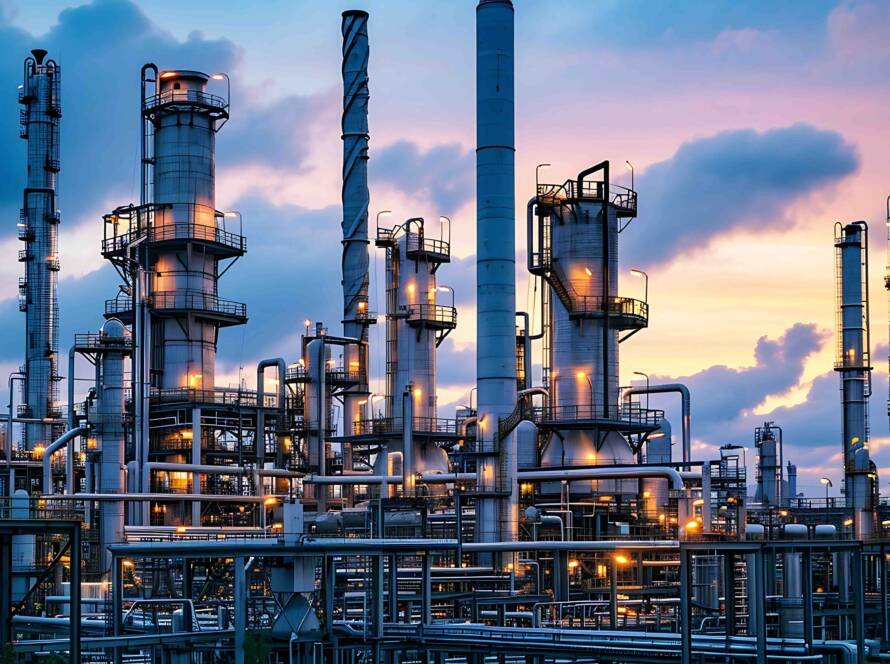The petroleum industry is a cornerstone of global energy supply, but it faces increasing pressure to align with sustainability goals. As climate change concerns grow and governments implement stricter environmental regulations, oil and gas companies must find ways to balance production with sustainable practices. This article explores key strategies for achieving this balance while maintaining energy security and economic growth.
The Challenge of Sustainability in Petroleum Production
Petroleum production involves drilling, extraction, refining, and transportation—each of which has environmental impacts such as greenhouse gas emissions, habitat disruption, and water usage. The challenge is to reduce these effects while ensuring reliable and affordable energy for industries and consumers worldwide.
Strategies for Sustainable Petroleum Production
1. Carbon Capture and Storage (CCS)
One of the most promising solutions for reducing emissions in petroleum production is Carbon Capture and Storage (CCS). This technology captures carbon dioxide (CO₂) from industrial processes and stores it underground to prevent it from entering the atmosphere.
2. Energy Efficiency and Process Optimization
Advanced technologies such as artificial intelligence (AI), automation, and real-time monitoring can improve energy efficiency in drilling, refining, and transportation. Smart equipment and predictive maintenance reduce waste and emissions.
3. Renewable Energy Integration
Oil companies are increasingly investing in renewable energy sources such as wind, solar, and biofuels to power their operations. Hybrid energy solutions help lower carbon footprints while maintaining energy output.
4. Water Conservation and Management
Hydraulic fracturing and refining require significant amounts of water. Companies are adopting water recycling technologies and advanced filtration systems to minimize freshwater consumption and pollution.
5. Sustainable Supply Chain Management
The petroleum industry depends on vast supply chains for equipment, transportation, and logistics. Implementing sustainable procurement practices and reducing transportation emissions help lower the industry’s overall environmental impact.
6. Research and Development for Alternative Fuels
Investing in alternative fuels such as hydrogen, synthetic fuels, and biofuels can reduce dependence on traditional fossil fuels. Many oil companies are exploring low-carbon fuel options to support future energy transitions.
Governments worldwide are introducing stricter emissions regulations, carbon taxes, and sustainability reporting requirements. Petroleum companies must comply with these policies while demonstrating corporate responsibility through environmental, social, and governance (ESG) initiatives.
The Future of Sustainable Petroleum Production
The shift towards sustainability does not mean an end to petroleum production but rather an evolution toward cleaner, more efficient practices. The industry’s future lies in innovation, responsible resource management, and collaboration between governments, businesses, and environmental organizations.
Conclusion
Balancing petroleum production with sustainability goals is a complex but necessary challenge. Through technological advancements, regulatory compliance, and strategic investments in renewable energy, the petroleum industry can play a role in a more sustainable future. By prioritizing efficiency and environmental responsibility, companies can continue to meet global energy demands while minimizing their ecological footprint.



